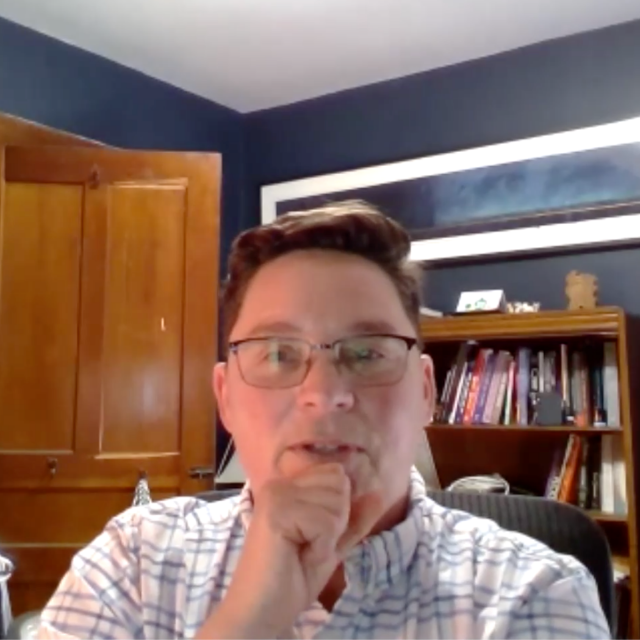Professor and Chair of the Department of Social Science and Public Affairs Deborah Amory has been with SUNY Empire State College since 2003. She holds a Ph.D. in anthropology from Stanford University and a bachelor’s from Yale University, where she majored in Swahili/African Studies. An expert in the field of gender and sexuality, she has published on same-sex relations in Swahili society, as well as lesbian society in the United States, and she taught courses across many disciplines at both undergraduate and graduate levels. Now, Amory is working with SUNY colleagues and educators around the world on the first LGBTQ+ open educational resource textbook of its kind.
From Boston to East Africa:
I grew up in a small town outside of Boston — white, wealthy, and very straight. I was fortunate to receive an excellent private education, but I knew the minute I graduated high school, I wanted to get as far away as possible. I took a gap year and went to Kenya and just couldn’t believe this different world that I discovered there. People were so generous and kind and welcoming of me. When I went to college, all I knew was that I wanted to return to East Africa.
Channeling my passion for East African culture:
I attended Yale University, where I was able to focus my research on textiles in East Africa and Africana studies. I then went on to Stanford University to complete my Ph.D. and dissertation on the politics of identity in Zanzibar. During this time in the late ’90s, I had officially come out as a lesbian while I was doing some of the very first research on same-sex relations in Africa. Working alongside my colleagues, I found that the Swahili culture ignited my love of teaching. The first class I taught was Swahili, and I never looked back.
I was attracted to public higher education because the SUNY system is worLd class:
I have taught at Yale and Stanford, but I really love teaching in the SUNY system. Here we have the same expert faculty. The difference is that SUNY Empire students have more breadth and life experience — they are equally deserving of access to a quality education. Throughout my 17 years at the college, I can hands-down say that our students are the reason I stay here. There is nothing better than helping our students take their experiences and piece them together like a puzzle in the map that leads them forward in their life. There is nothing better than that.
I am most proud of my work within LGBTQ studies:
One of my favorite courses that I currently teach is “Queering American Culture,” where we look at novels and films about LGBTQ issues to better understand how American culture has always been a little “queer.” I love the diverse makeup of the students who enroll in LGBTQ courses. I’m inspired by their genuine curiosity — whether they are LGBTQ or straight — and their deep desire to learn more, so that they can serve as advocates or allies for LGBTQ family members, friends, or colleagues. Many work in human services, healthcare, or educational settings, and they tell stories about interacting with LGBTQ youth, and they really want to know how to better support them and fight the discrimination they witness. In these classes, the cost of the textbook was $93, and I found myself buying textbooks for students when they could not afford them. It was then I realized — there is a solution to this problem.
By the fall of 2021, the first LGBTQ OER textbook will be published by SUNY Press:
As an open educational resource (OER), “LGBTQ Studies: An Open Textbook” will carry an open license so that the entire textbook can be retained, reused, revised, remixed, and redistributed for free, as long as the authorship is clearly attributed. It also will be available in print at a nominal cost to students through their college bookstore. My fellow colleagues and I believe this textbook will be a valuable resource for both academic readers and the general public. I describe it as a DIY LGBTQ project for the 21st century. The textbook is designed to speak directly to a broad range of audiences by engaging critically important social issues. I really think that being able to offer accessible information on LGBTQ lives at no cost is, literally, a life saver.
